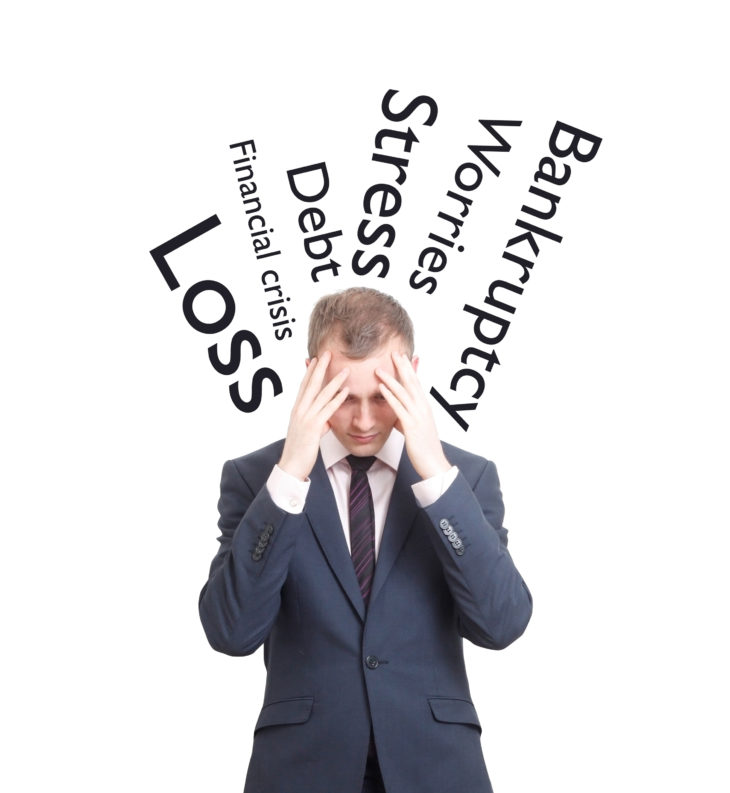If you are living with difficult debt and are looking for a legal procedure that will offer you debt relief, it’s important to distinguish between debts that qualify for bankruptcy and those that don’t. A consultation with a bankruptcy trustee can really help you develop a full picture about all of your financial options when facing insolvency.
You can click here to learn more about how much a licensed insolvency trustee (formerly known as bankruptcy trustee) can do for you when you’re facing with difficult debt. While this legal process might seem intimidating, it could be the best way to reduce your debt and get a fresh start.

Source: Seattle Bankruptcy Attorney
Things That Don’t Qualify
There are a few types of debt that do not qualify for bankruptcy. If your overwhelming debts fall under these categories, then you must discuss alternative models of debt relief with your licensed insolvency trustee. Here are some of the debts that cannot be eliminated with the help of a bankruptcy trustee:
- Alimony payments
- Child support payments
- Student loans that are under seven years old
- Debt that you’ve incurred through fraud
The bankruptcy process applies to unsecured debts, so any secured debt owed to creditors is also excluded from the procedure. Secured creditors often have more sway when tracking down their debtors since they usually have some ownership over your property and maintain the right to seize it when the payments stop. This applies to common debts like automobile loans and home mortgages.
What About My Assets?
Many individuals are fearful about losing their homes, cars, savings, and other assets if they undergo the bankruptcy process. This fear can get in the way of getting professional counselling advice, which could end up compounding the problem when the solution gets delayed. It’s a popular misconception that people who file for bankruptcy end up “losing everything,” but this is simply not true.
Bankruptcy is a legitimate form of debt relief and it is designed to help an individual get a fresh start and regain financial control. It’s not a way to punish those who have fallen into a difficult situation, which means that the legislation isn’t focused on taking everything away.

Source: TLNT.com
Regulations vary by province, but ultimately individuals are meant to keep enough assets to maintain a basic lifestyle. This is another are where the help of a bankruptcy trustee is invaluable. They will be able to tell you that RRSP contributions you’ve made in the last 12 months could be lost if you file for bankruptcy, or that perhaps you should consider a consumer proposal, which can help individuals hold onto assets that would be lost in bankruptcy.
Getting Started with Bankruptcy
If you’re thinking about declaring bankruptcy but aren’t sure how to take the next steps in taking charge of your finances, then it’s time to schedule a consultation with an empathetic and trustworthy licensed insolvency trustee. You will receive a full evaluation of your financial situation and counselling that will help you focus on staying successful in the future as you begin to build yourself up and work towards your long-term financial goals.
